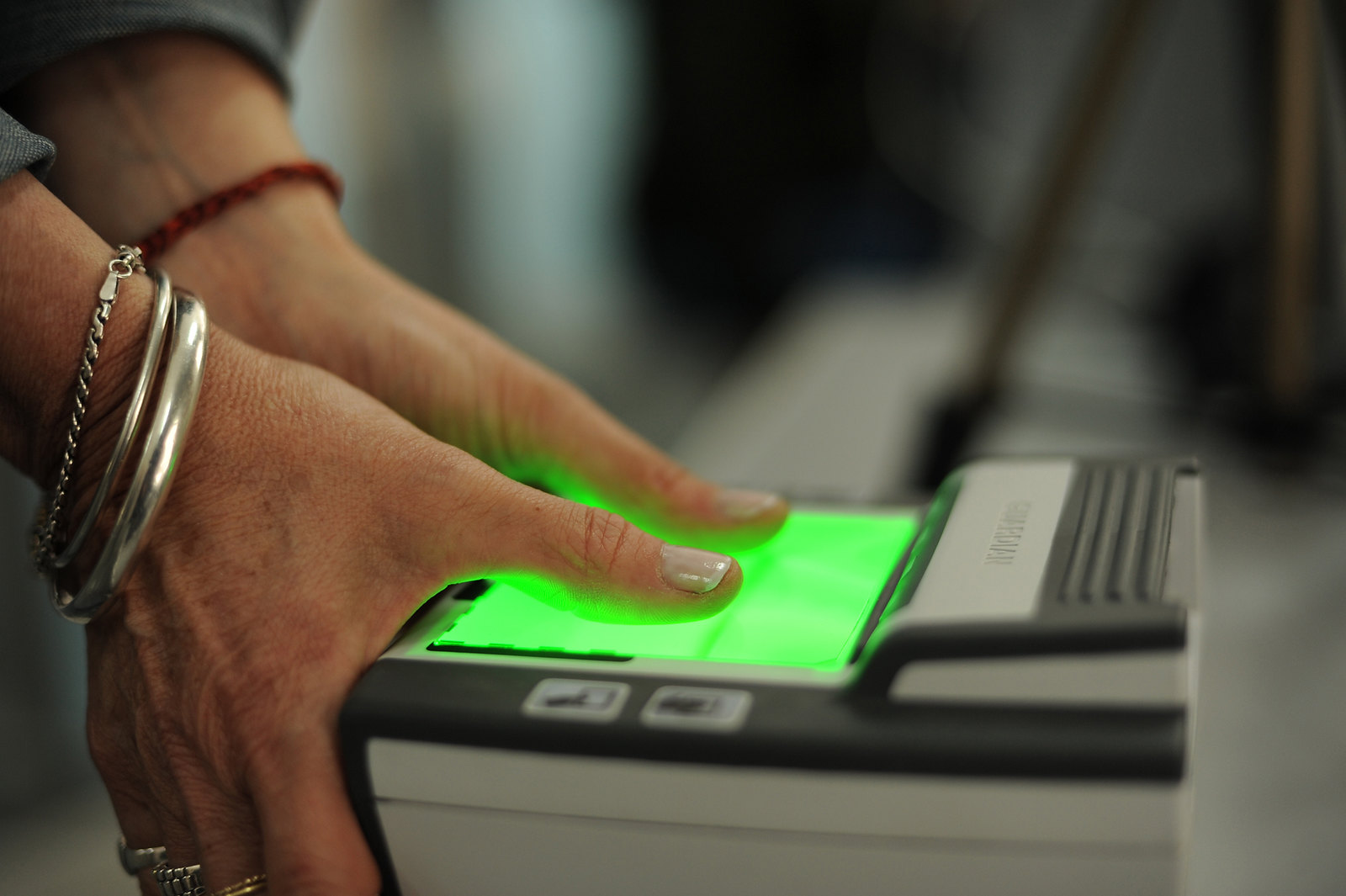
In recent years, the issue of fake GST registrations has become a significant concern for authorities in Gujarat, leading to substantial losses in revenue due to tax evasion. However, a recent initiative involving biometric-based registration has shown promising results in curbing this fraudulent activity.
Since November 2023, when biometric authentication was introduced as part of the online registration process, the State Goods and Services Tax (SGST) agency has observed a notable decrease in the number of GSTIN (Goods and Services Tax Identification Number) applications submitted each month. On average, there has been a 43% reduction in GST registrations, with the monthly applications dropping from 26,800 to 15,350.
This decline is not indicative of a slowdown in business activity but rather reflects the success of the state government’s efforts to combat bogus billing at its source. By implementing biometric verification for GSTIN applicants, the authorities have been able to weed out fraudulent applications and prevent misuse of GST registrations for creating fake invoices and claiming input tax credit unlawfully.
The pilot project, launched in November 2023, aims to enhance the security and efficiency of the registration process. Similar initiatives have also been introduced in other states like Andhra Pradesh and Puducherry.
One of the key challenges in tackling fake billing scams has been the ease with which fraudsters obtain fake GST registrations by exploiting loopholes in the system. These fake entities, operating only on paper, generate bogus invoices to evade taxes, causing significant revenue losses for the government.
To address this issue, the new biometric-based registration system requires applicants to undergo thumb impression verification and provide multiple identification proofs during the registration process. This additional layer of security helps verify the authenticity of applicants and minimizes the risk of fraudulent registrations.
Furthermore, applicants may be subjected to additional verification procedures if deemed necessary, further strengthening the integrity of the registration process.
The implementation of biometric verification is expected to deter fraudulent activity by ensuring that only eligible applicants are granted GST registrations. By leveraging technology to enhance security measures, Gujarat aims to safeguard its tax revenue and foster a more transparent and compliant business environment.
In conclusion, the introduction of biometric-based registration marks a significant step forward in the fight against fake GST registrations in Gujarat. By adopting innovative solutions and leveraging technology, authorities can mitigate the risks associated with tax evasion and uphold the integrity of the GST system.
This article is only a knowledge-sharing initiative and is based on the Relevant Provisions as applicable and as per the information existing at the time of the preparation. In no event, RMPS & Co. or the Author or any other persons be liable for any direct and indirect result from this Article or any inadvertent omission of the provisions, update, etc if any.
Published on: April 6, 2024
